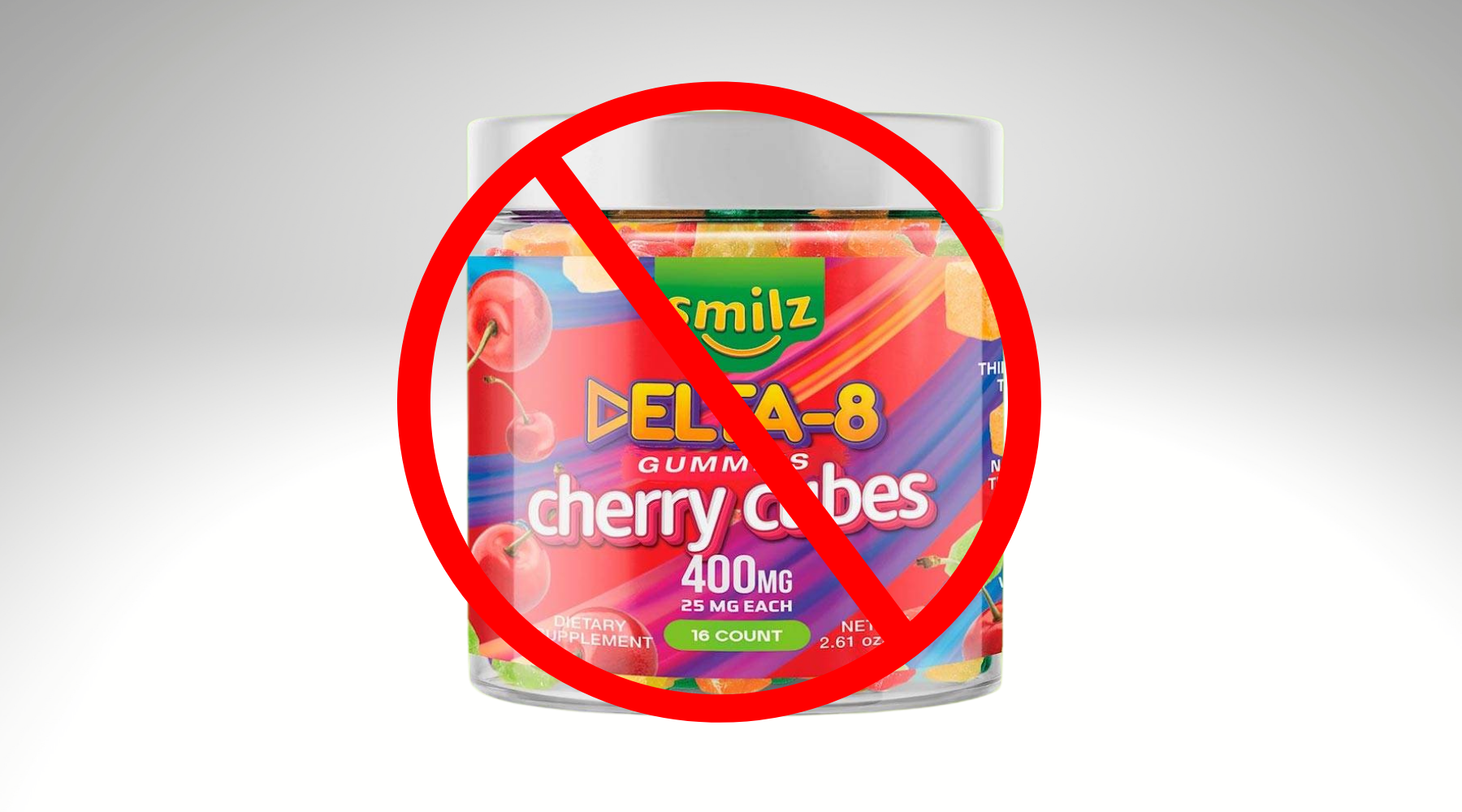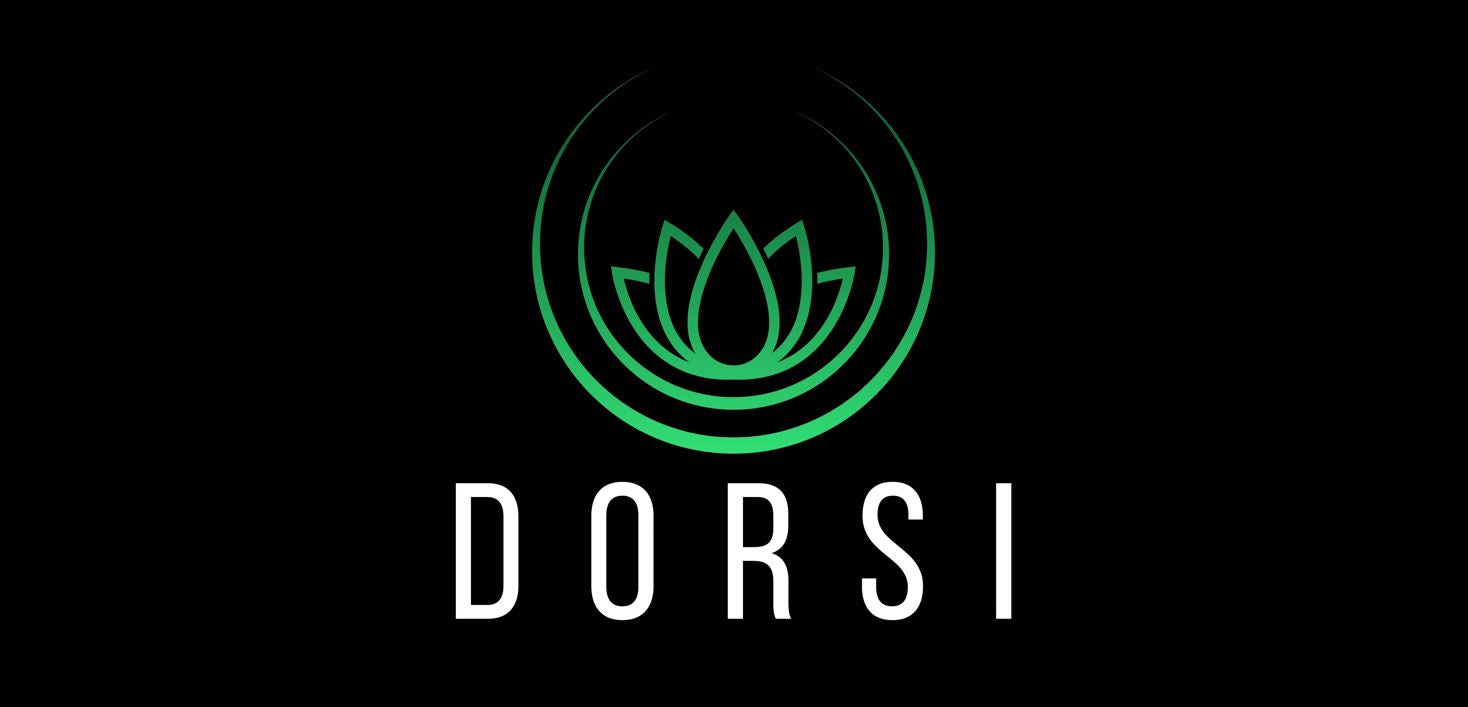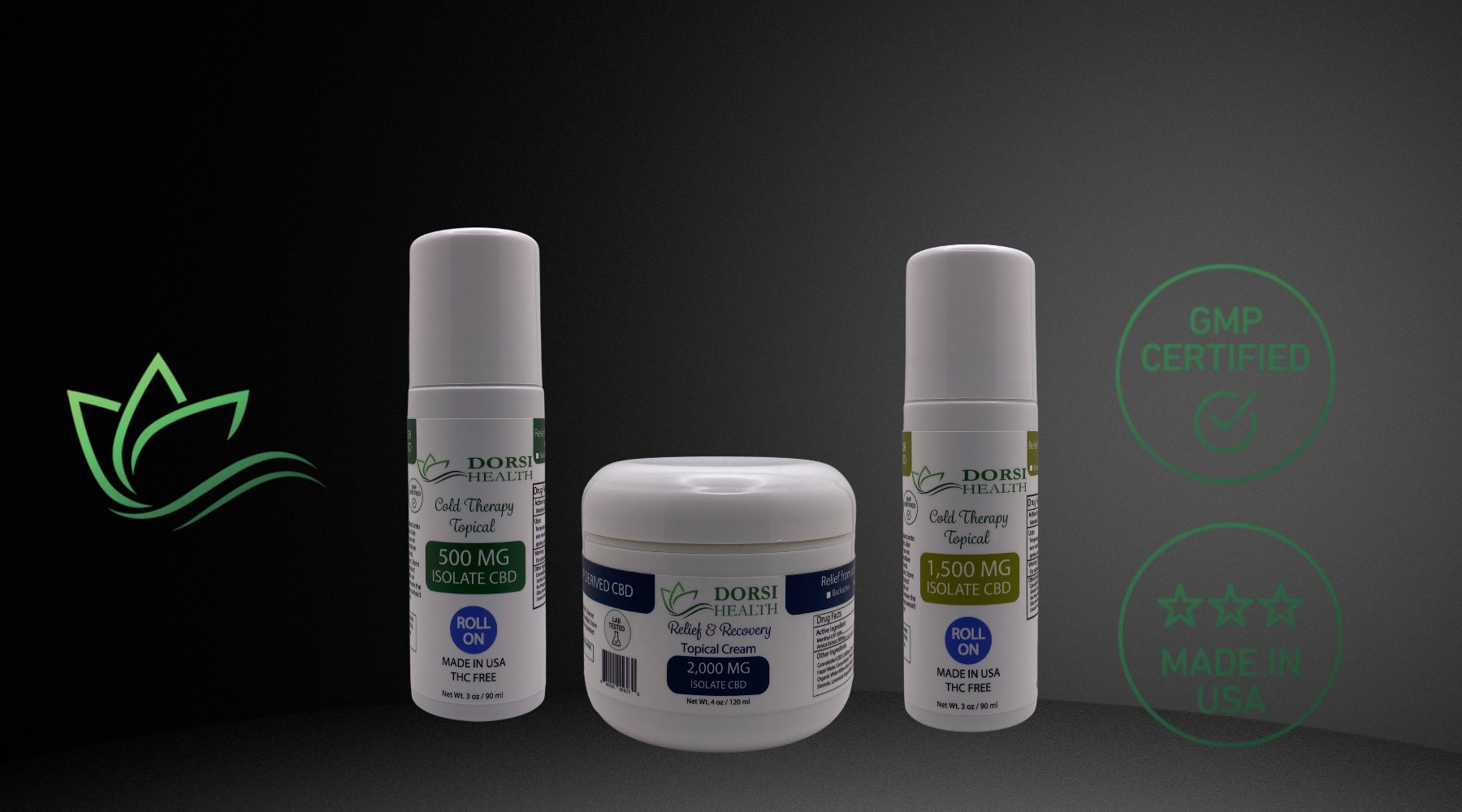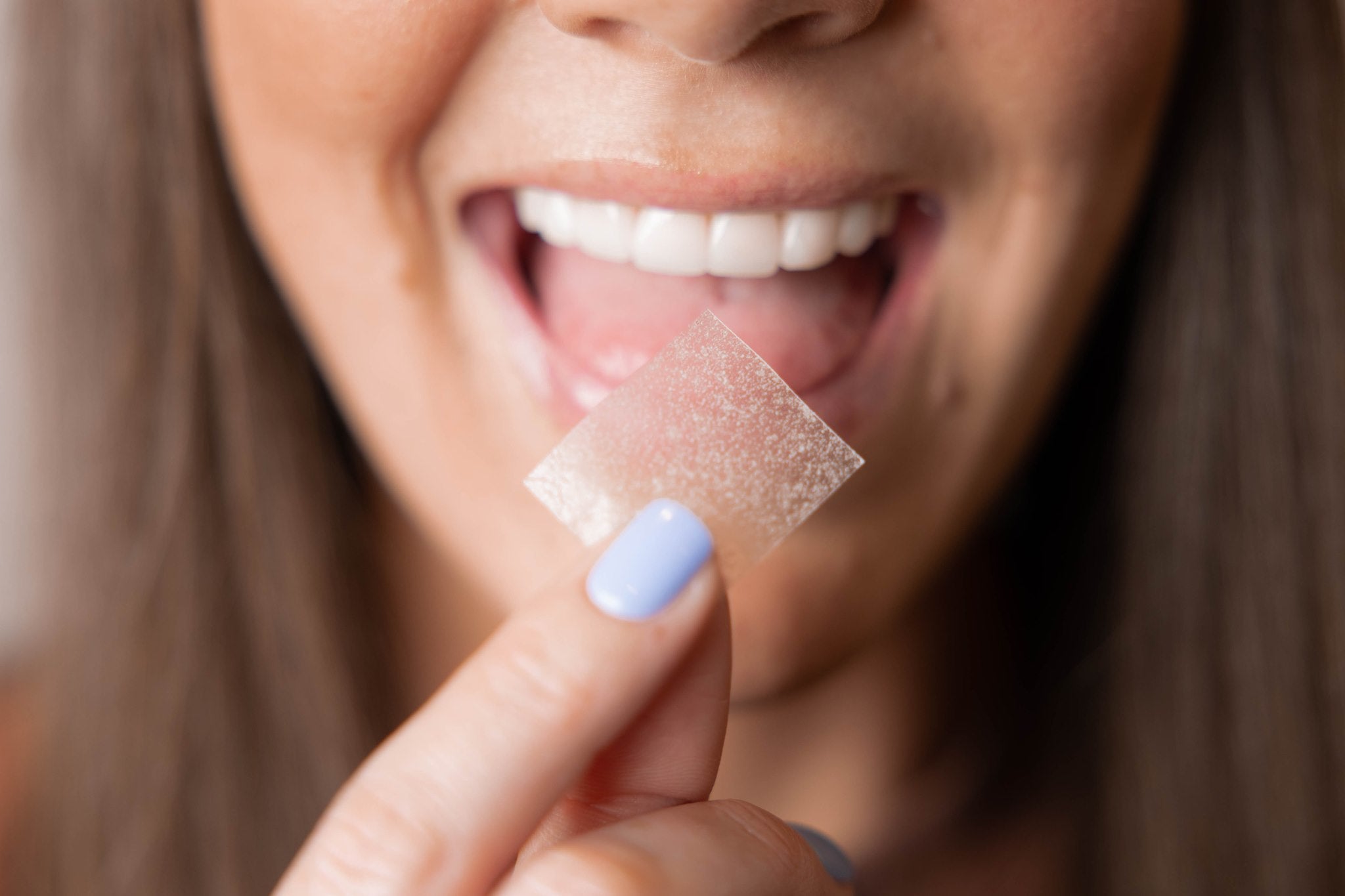
CBD Companies Need to Take a Stance Against Delta-8 THC Products.
It’s a controversial opinion. Delta-8 THC and other synthetic cannabinoids such as delta-10 THC, delta-0 THC, and HHC are sweeping across the country and bolstering sales for brands and retailers that carry the products. We will unpack the reasons how these products made their way on the market, why in our opinion it is harmful to the industry, how CBD industry leaders have responded, and what is next for CBD brands and adoption in the future.
CBD Rush
CBD and other cannabinoids have been sold by manufacturers and distributors for years even before the Agriculture Improvement Act of 2018 (known as the 2018 Farm Bill Act). Most of these companies were vertically integrated and located in states with friendly cannabis laws such as Colorado, California, and Oregon. The 2018 Farm Bill removed hemp from the Controlled Substances Act. Industrial hemp with a delta-9 THC concentration of less than 0.3% was federally legal to grow, cultivate, and sell across state lines.
The increased demand for hemp production was in large part due to the popular cannabinoid, CBD (cannabidiol). Previously studied for its wellness effects and featured in a riveting documentary by CNN’s Sanjay Gupta, CBD was an increasingly popular compound featured in many personal care and wellness products. Most strains of the hemp plant contain a very high level of cannabidiol (CBD) and low levels of tetrahydrocannabinol (THC) with other minor cannabinoids present.
By 2019 CBD was everywhere and in everything. It was featured on morning shows, influencers threw CBD parties, and the popular compound was found in everything from toothpicks and toilet paper. The CBD market was flourishing. Combined with the low barrier of entry and booming popularity new entries were entering the market daily. Online CBD brands were everywhere and you can purchase CBD products everywhere including your gas station and local pharmacy. According to Statista’s data in early 2019, CBD sales would increase from $535 million in 2018 to $845 million in 2019, and by 2022 the industry would be estimated at around $2 billion for a compound annual growth rate (CAGR) of 38%. With this kind of growth and market potential who wouldn’t want to get in on this booming industry?
Supply and Demand
Econ 101- Supply and Demand. The CBD rush was ushered in by increased consumer demand. Manufacturers were in short supply of raw material, hemp, so companies charged a premium for their CBD product. Demand far exceeded supply and consumers paid premium pricing for the first two years. To keep up with growing consumer demand hemp farmers increased output for the popular commodity. According to Hemp Benchmarks, in 2019 there were 580,000 licensed acres for hemp production. Farmers and vertically integrated businesses saw an opportunity to produce a commodity to meet consumer demand.
In late 2019 demand for CBD products started to stabilize. Prices began dropping as a result of the overproduction of hemp. Throughout 2020 demand decreased which led to a large surplus of hemp. Farmers who rushed to produce hemp were sitting on pounds of the commodity looking to just sell at a break-even price. The oversupply of hemp led to a precipitous decrease in licensed hemp acres, 107,000 acres in 2019 (an 80% decrease from 2019), and led to some CBD companies taking a hard pivot from the “wellness brand” narrative.
Delta-8 THC Entry
The hard pivot many companies made late in 2020 was to create synthetically derived cannabinoid products. Industrial hemp contains CBD and small amounts of THC, but it also contains other cannabinoids such as CBG, CBC, CBN, and THCV. These cannabinoids have varying effects on the body and all can be extracted naturally. For instance, cannabigerol (CBG), is found in low quantity for mature plants, but can be derived from younger cannabis plants. CBG is actually considered the mother of all cannabinoids since CBD, THC and other cannabinoids start out as CBGA. CBD and cannabigerol (CBG) have many similarities and most full-spectrum products will contain a sizable portion of CBG. The three other major cannabinoids- CBC, CBN, and CBG have a similar effect to CBD, and are not as cost-effective to isolate or cultivate. Creating a product that was hemp-derived that could promise customers a similar experience to THC was what companies needed to increase revenue through new product expansion.
Enter Delta-8 THC. delta-8-tetrahydrocannabinol (Delta-8 THC) is an isomer of the well-known cannabinoid delta-9 THC, only slightly different than 9-THC’s molecular structure. Companies that saw margins plummet because of the oversupply of industrial hemp rushed to produce delta-8 products. Demand, especially in states with no medical or recreational cannabis use laws. Only two out of the top ten states for search queries around the term “delta-8 THC” have medical cannabis dispensaries, while none of the top ten states have recreational dispensaries (figure 1).
Delta-8 THC filled the void left in the market in two ways. First, it corrected or attempted to correct the problem of oversupply of industrial hemp by creating a product with a broader appeal than CBD. Delta-8 gummies have surpassed CBD gummies as a more popular search query suggesting a shift in consumer sentiment (figure 2). In fact, most long-tail keywords related to delta-8 products have surpassed CBD product search queries suggesting CBD dominate products have fallen out of favor for other cannabinoids. Secondly, delta-8 THC also provided residents of states with strict cannabis laws an alternative option to traditional THC products. It seems a bit counterintuitive but states that have unfriendly cannabis laws are seeing an explosion of delta-8 products.
The problem…delta-8 and similar products such as delta-10, and HHC are byproducts and not naturally extracted from industrial hemp. The amount of these cannabinoids present in hemp is so low that all products on the market are synthetically created. Delta-8 THC for example is created by a chemical process that converts CBD to delta-8 THC by using solvents such as methylene chloride, toluene, and heptane. The synthesis from CBD to delta-8 can leave some unwanted toxicity and heavy metals in some delta-8 finished products, which can be harmful to consumers. National poison control centers received 661 exposure cases from delta-8 THC products from January 1, 2021, to July 31, 2021, 39% of cases involved patients less than 18 years of age. The very baseline of CBD products is that they should be safe. Consumers should know that what they are consuming is not going to harm them. Delta-8, Delta-10, and HHC products do not pass this simple test.
Legal Loophole
The 2018 Farm Bill provided federal legalization for the sale of hemp derived cannabinoids such as CBD. On a dry weight basis industrial hemp plants along with finished products needed to contain less than 0.3% THC. The loophole is that a finished delta-8 THC product that is sold direct to consumers, online and in retail locations, outside of dispensaries is hemp-derived. The cannabinoid delta-8 THC is not extracted from hemp, but rather it is synthetically created from CBD. Other cannabinoids growing in popularity such as Delta-10 THC and HHC are created using similar processes (delta-10 THC is synthesized using a similar process as delta-8 and HHC is created by adding hydrogen molecules to delta-9 THC). One of the pillars of the 2018 Farm Bill was the cultivation of non-psychoactive cannabinoids from the hemp plant. Delta-8 and other synthetic derivatives are able to elude extra federal regulation (for the most part) because they contain less than 0.3% delta-9 THC. Delta-8, delta-10, and HHC produce psychoactive feelings similar to delta-9 THC for users, skirting one pillar of the Farm Bill.
CBD Industry Leader Responses
Two pure-play hemp based botanical companies that are leaders in the industry, cbdMD and Charlotte’s Web do not carry synthetic cannabinoids such as delta-8 THC. Both are publicly traded companies and the infusion of short-term capital would be appealing, but leadership at both companies mentioned they do not carry and do not plan to carry delta-8 THC products. Charlotte’s Web, a pioneer in the industry, went so far as to say the company “does not support the marketing and sales of delta-8 products under the guise of being a hemp product.” A powerful statement from a company who is an advocate for hemp and a gold standard for CBD companies.
Other companies dipped their toe in the delta-8 waters. Another leader in the CBD industry, Green Roads, quietly launched a site dedicated to the purchase of delta-8 products- CannabisLife. We mean quietly since any press releases, earned media, or general marketing to link the two are hard to find. Even though the packaging is much different from Green Roads CBD products, Green Roads still discloses the relationship on the packaging material.
The Future Landscape for CBD
The future of CBD and other hemp based products is a bit murky. In 2019 CBD made great leaps for mainstream adoption- payment processors opened pilot programs, retailers and pharmacies started selling CBD products in store, and companies making extreme claims about their products either disappeared or revised their market approach. The past two years are really an inflection point for the industry; are brands going to adopt the Charlotte’s Web approach, or are brands going to make a pivot from wellness to psychoactive products.
Many people opposed to the direct to consumer sale of delta-8 products point to federal Analogue Act (21 USC § 813) as legal precedent to why delta-8 and other products should not be sold under the guise as a CBD product. Federal law is slow to catch up, but states are crafting legislation to combat the growing supply of delta-8 products. 2022 will likely be similar and delta-8 products will continue to operate in a legal gray area.
In conclusion, we are not against the sale of THC products. In fact, we believe cannabis should be federally legal and there is a need for THC based products in all states, as evidenced by the demand for delta-8 products in states where marijuana is not legal for both medically and recreationally purposes. The gaps are being filled with synthetic products that are less regulated than CBD. Any product that alters a person’s state of mind should not be picked up at a gas station! Federal legalization would help ensure safe and effective THC products are available to all consumers.


Leave a comment
This site is protected by hCaptcha and the hCaptcha Privacy Policy and Terms of Service apply.